
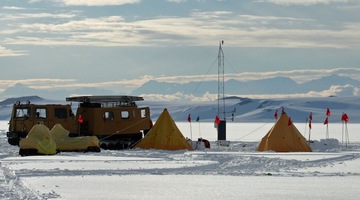
Dr Adrian McDonald from the Physics and Astronomy Department, University of Canterbury, relies on satellites to study the atmosphere over Antarctica. His research focuses on factors that affect ...
READ MORE

Position: Former Research Scientist, NIWA. Currently Expedition leader Field: Atmospheric chemistry Dr Katja Riedel was a research scientist with NIWA and, at present, is based in Wellington. She ...
READ MORE
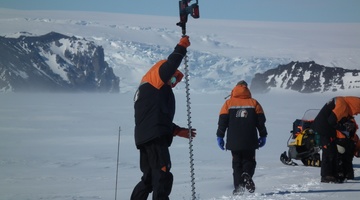
Position: Director, Gateway Antarctica, and Professor, School of Earth and Environment, University of Canterbury. Field: Glaciology and remote sensing Dr Wolfgang Rack, a senior lecturer and ...
READ MORE

This teacher resource lists selected articles from the Connected and School Journal reading series that support the science concepts when teaching about Antarctica. Connected and School Journal ...
READ MORE

In this activity, students read online articles related to fire in Antarctica and discuss why fire is a big hazard there. Rights: The University of Waikato Te Whare Wānanga o Waikato Scientist in ...
READ MORE
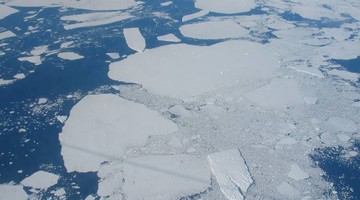
In this activity, students investigate some of the properties of seawater. By the end of this activity, students should be able to: discuss that salt dissolves in water explain that dissolved ...
READ MORE
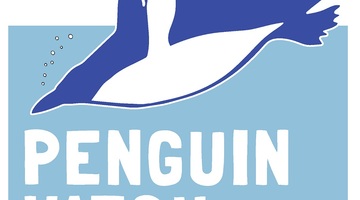
Help scientists establish valuable baseline data about the numbers, locations, habits and health of penguins in a range of Southern Ocean sites. This information will enable better understanding ...
READ MORE
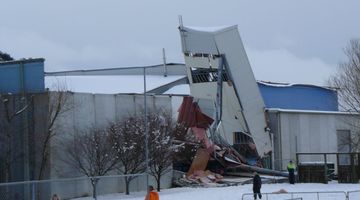
Large snow events in most parts of New Zealand are uncommon. However, if you are in the South Island or the central North Island, this citizen science project could be a great one for your ...
READ MORE
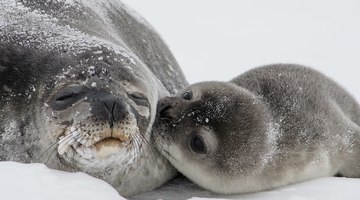
Weddell seals and orca are among the top predators in the Ross Sea region of Antarctica, and more than half of the Weddell seal population can be found in the Ross Sea. Information about changes ...
READ MORE
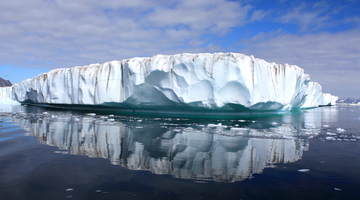
Climate change is one of the world’s big issues. It is also a big topic to tackle in the classroom. The Hub’s planning pathways interactive suggests ways in which climate change can be broken ...
READ MORE
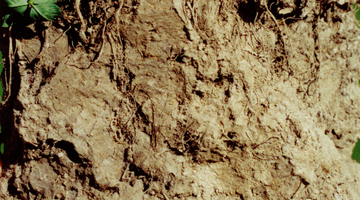
Science capabilities connect the nature of science, the key competencies and the science content strands. In this online PLD session recorded on 19 May 2016, we explore the five core capabilities ...
READ MORE
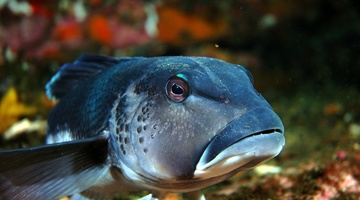
There are many marine classroom activities and resources on the Science Learning Hub useful for Seaweek 2015. This online PD session recorded on 19 February 2015 shows primary and secondary ...
READ MORE
Dr Adrian McDonald tells us why his research on the interaction between atmospheric dynamics, chemistry and climate is important for the development of climate models. Points of interest: Why do ...
READ MORE
Dr Adrian McDonald tells us about some of the satellites he uses to measure temperature and the chemical composition of the Earth’s atmosphere Jargon alert: A satellite constellation is a group ...
READ MORE
Dr Katja Riedel of NIWA explains why she enjoys her research in Antarctica and what fascinates her about this place.
READ MORE

This interactive groups Hub resources into key science and teaching concepts. The article Climate change resources – planning pathways provides pedagogical advice and links to the New Zealand ...
READ MORE

This timeline lets you see the historical developments in technology related to weather monitoring, measuring and forecasting. It also shows how scientific thinking changed over the centuries as ...
READ MORE

This interactive uses information from Our atmosphere and climate 2023 – an environmental report produced by the Ministry for the Environment and Stats NZ – to present evidence of climate change ...
READ MORE